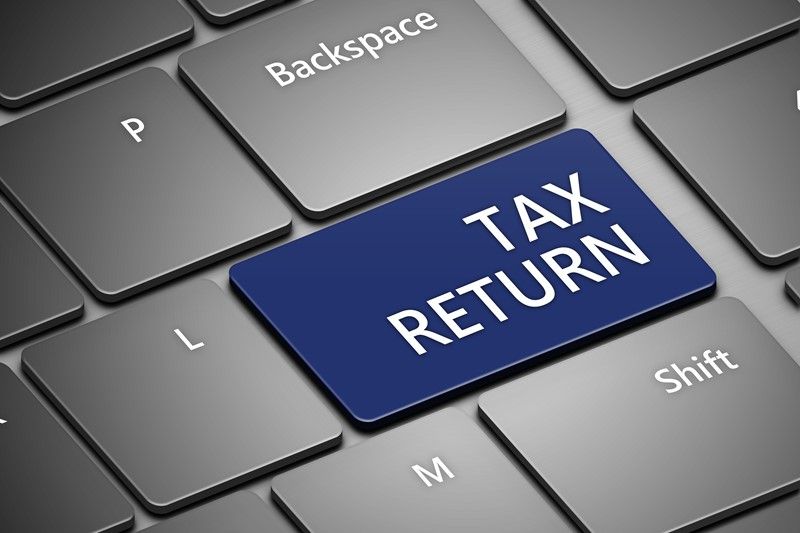Electronic invoicing consultation
The government wants your say on e-invoicing. Quicker payments, fewer errors, and better VAT reporting are on the table. A 12-week consultation could shape the future.
HMRC and the Department for Business and Trade (DBT) jointly launched a 12-week consultation earlier this year. The consultation is examining the broader adoption of electronic invoicing (e-invoicing) across UK businesses and public sector bodies. This is the first time UK businesses have been invited to share their views on how e-invoicing could be implemented and scaled nationally.
E-invoicing refers to the digital exchange of invoice data directly between buyers and suppliers. It has the potential to reduce paperwork, improve productivity, and help businesses get their taxes right first time. Benefits include fewer data and invoicing errors, more accurate VAT reporting, faster payments, and improved cash flow.
An example cited by HMRC highlights how an NHS trust processes e-invoices within 24 hours, compared to 10 days for paper invoices, resulting in invoices being paid almost twice as fast, while supplier queries have dropped by 15%.
The consultation seeks input on key issues such as:
- different models of e-invoicing;
- whether e-invoicing should be mandated or voluntary, and the appropriate scope of any mandate; and
- the potential for real-time digital reporting alongside e-invoicing.
The government is encouraging responses from businesses of all sizes, software providers, and other stakeholders to help shape future e-invoicing policy and adoption strategy.




